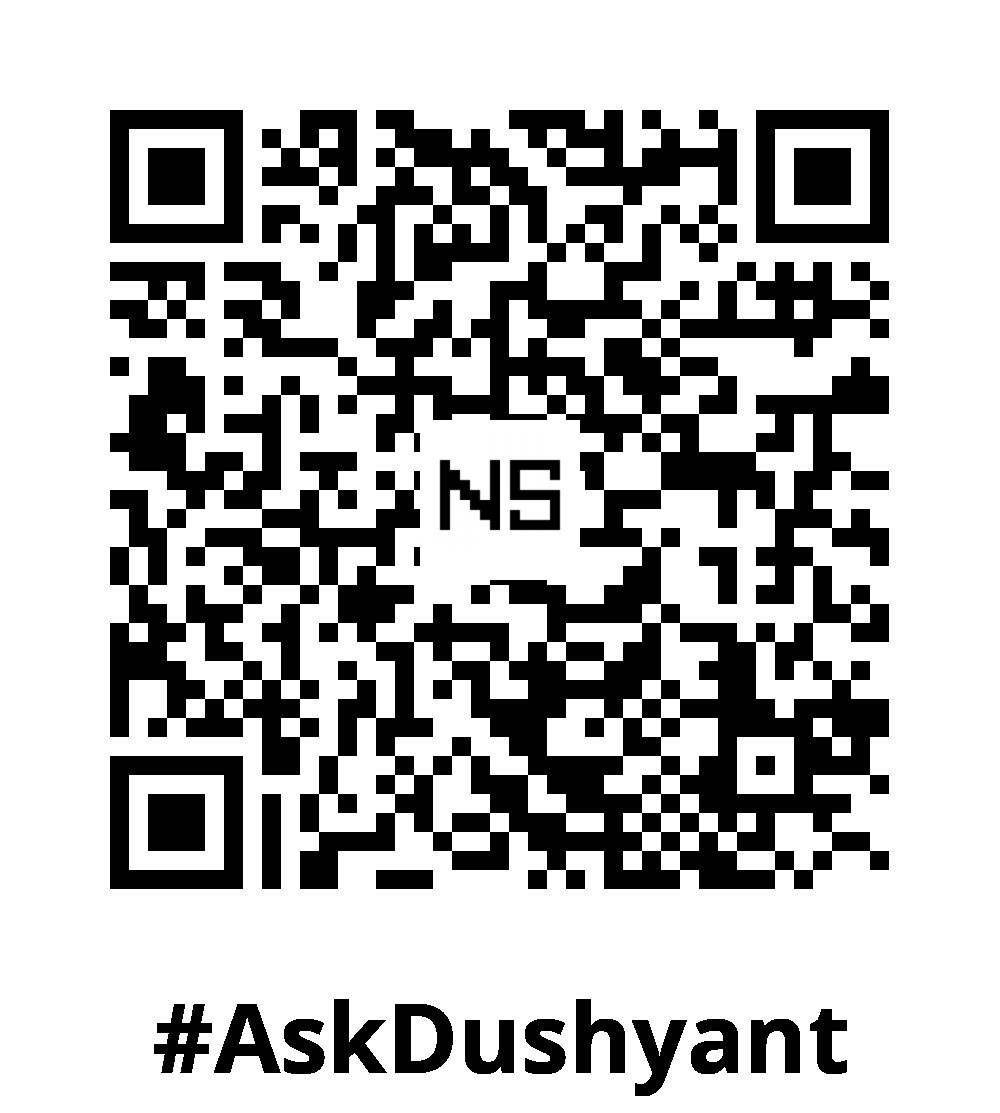Communication is the cornerstone of human interaction, enabling us to convey thoughts, ideas, and emotions. In both personal and professional settings, the ability to communicate effectively is essential for building relationships, fostering collaboration, and achieving success. Let’s explore various techniques that can enhance communication, Examples from both personal and professional contexts, highlight the positive effects of good communication.
- Active Listening:
One of the fundamental techniques for effective communication is active listening. By giving our full attention to the speaker, maintaining eye contact, and demonstrating genuine interest, we create a conducive environment for open dialogue. Personally, I have experienced the power of active listening in my relationships, where it has deepened understanding, strengthened connections, and fostered empathy. - Clarity and Conciseness:
Clear and concise communication is vital to ensure that our message is easily understood. Whether it’s writing an email, delivering a presentation, or engaging in a conversation, articulating our thoughts in a straightforward manner eliminates ambiguity. Professionally, I have witnessed how clarity in communication improves teamwork, prevents misunderstandings, and enhances productivity. - Non-Verbal Communication:
Non-verbal cues, such as body language, facial expressions, and gestures, play a significant role in conveying meaning and emotions. Understanding and utilizing non-verbal communication effectively can enhance our ability to connect with others. For instance, in professional settings, a confident posture and engaging eye contact can convey credibility and trustworthiness. - Empathy and Emotional Intelligence:
Empathy is the ability to understand and share the feelings of others. By practicing empathy and developing emotional intelligence, we can create a safe and inclusive environment for open communication. Personally, I have experienced how empathetic communication has fostered strong bonds, resolved conflicts, and nurtured trust within my personal and professional relationships. - Feedback and Constructive Criticism:
Providing constructive feedback and accepting criticism gracefully are essential aspects of effective communication. By offering feedback in a respectful and constructive manner, we encourage growth, improve performance, and promote a culture of continuous learning. Professionally, I have witnessed the transformative impact of constructive feedback, leading to personal and team development.
The Power of Effective Communication:
Good communication has a profound impact on our personal and professional lives. It strengthens relationships, builds trust, resolves conflicts, enhances collaboration, and drives success. Effective communication fosters understanding, promotes innovation, and empowers individuals and teams to achieve their goals.
It’s worth highlighting the remarkable impact of great communication skills in shaping one’s personality. A person with exceptional communication skills possesses the ability to inspire, motivate, and influence others. They have a commanding presence, a magnetic charisma, and a knack for connecting with people on a deeper level.
Think about the charismatic leader like Mahatma Gandhi who have left an indelible mark on history. Their powerful communication skills allowed them to rally people behind a shared vision, instill confidence, and ignite a sense of purpose. They captivated audiences with their compelling speeches, using words to evoke emotions and drive positive change.
In a professional setting, individuals like Steve Jobs had outstanding communication skills, They can articulate their ideas with conviction, engage others in meaningful conversations, and navigate complex situations with ease. They inspire trust and build strong relationships by being authentic, empathetic, and approachable.
Furthermore, great communicators have the ability to adapt their communication style to different audiences and contexts like Narendra Modi. They can distill complex concepts into simple terms, making information accessible to diverse audiences. Their clarity of expression and effective use of storytelling create memorable experiences that leave a lasting impact.
My Corporate Advice: Mastering the art of communication is a lifelong journey that requires dedication, practice, and continuous improvement. By incorporating various techniques, such as active listening, clarity, non-verbal communication, empathy, and feedback, we can enhance our communication skills and unleash their transformative power.
"The single biggest problem in communication is the illusion that it has taken place." - George Bernard ShawEffective communication is a core aspect of our personalities, enabling us to connect deeply, inspire others, and make a lasting impact in our personal and professional endeavors.
#AskDushyant


Leave a Reply